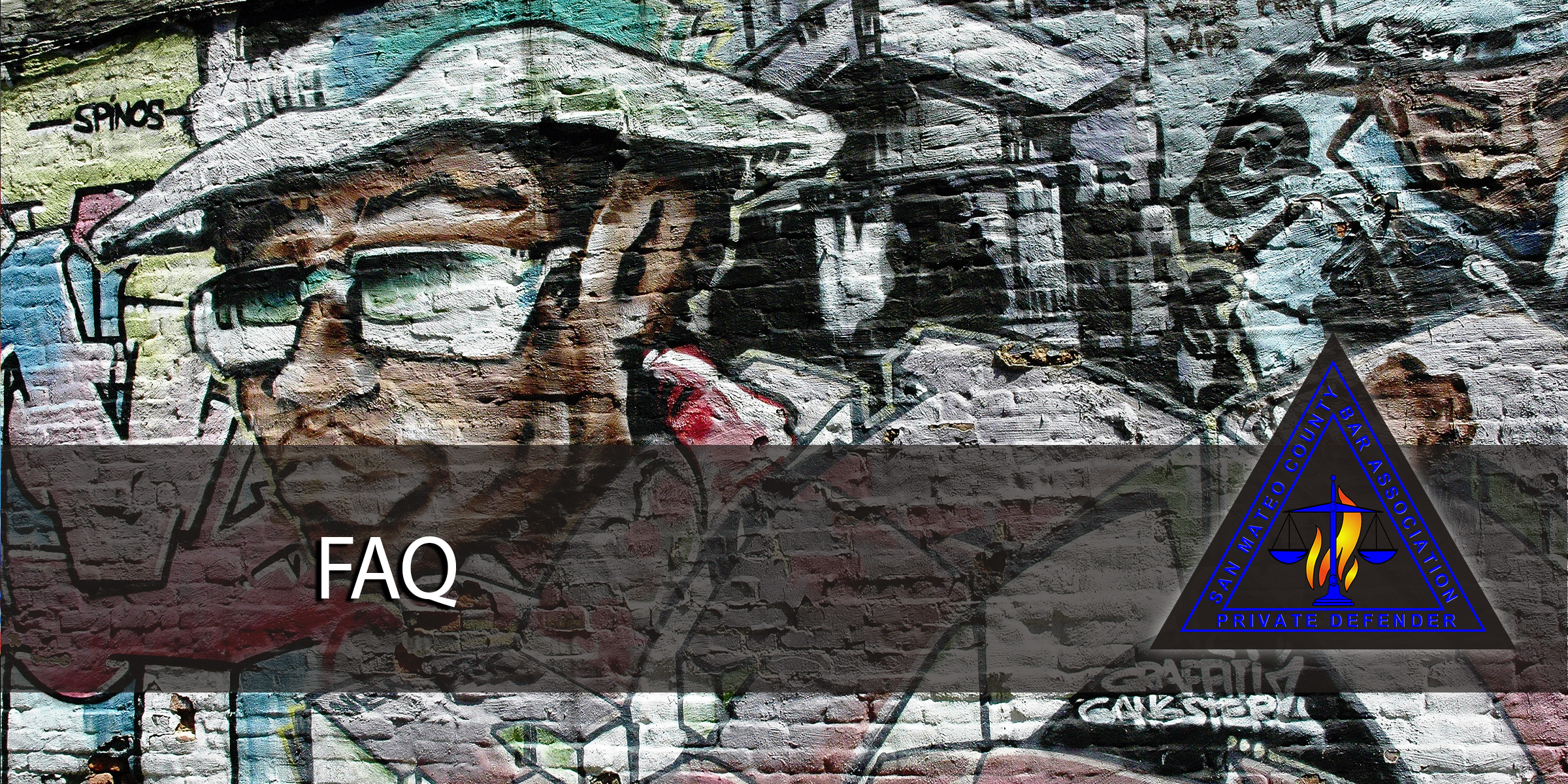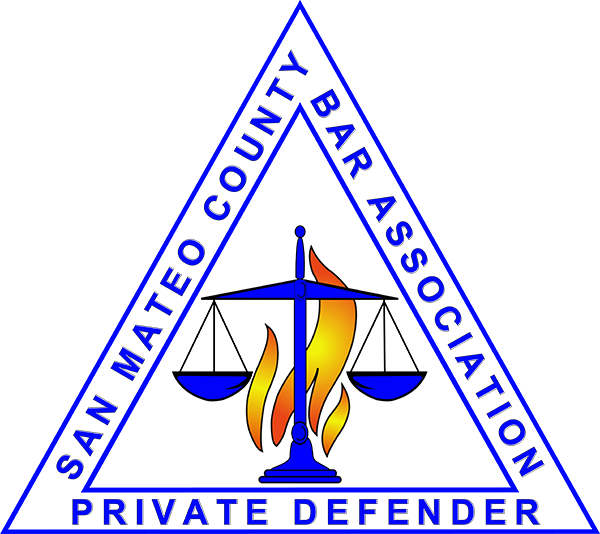
WHAT TYPES OF CASES DO WE HANDLE IN OUR JUVENILE OFFICE?
There are two types of Juvenile cases handled by our Juvenile Office.
Delinquency cases which involve children accused of a criminal offense. (Children up to the age of eighteen years of age). Our office represents the children in these actions.
Dependency cases which involve cases where the child/children’s parents or guardians are accused of neglecting and/ or abusing their children. Our office represents both the parents and children. As our office administers a panel of independent lawyers, our office provides independent representation for both parents and children in these matters.
WHAT HAPPENS WHEN A CHILD IS ARRESTED?
WHAT HAPPENS WHEN MY CHILD IS BOOKED INTO JUVENILE HALL?
WHAT HAPPENS AT A DETENTION HEARING?
At the detention hearing the Judge must decide whether or not to continue to hold the child in custody or release them. If you have not hired an attorney to represent your child the Private Defender Program will be appointed at this time to represent him/her. You will be notified by the Probation department of the time and place of the hearing. You may call our office at 650 312-5396 to find out the name of the attorney representing your child and their contact information. At the detention hearing the Court will advise the child of his/her rights and set the matter for a pretrial conference and/or a jurisdictional hearing.
WHAT IS A PRETRIAL CONFERENCE?
At a pretrial conference the judge, the district attorney and your child’s attorney will informally discuss the case to see if a resolution can be reached. If a resolution is reached the minor will admit the allegations of the petition and the case will be set for a dispositional hearing. If a settlement is not reached the case will proceed to a jurisdictional hearing.
